Reassembling the Social: An Introduction to Actor-Network-Theory (Clarendon Lectures in Management Studies)
£19.90
Rather than simply indicating what is already assembled together, it is now used in a way that makes assumptions about the nature of what is assembled. It has become a word that designates two distinct things: a process of assembling: and a type of material, distinct from others. Latour shows why “the social” cannot be thought of as a kind of material or domain, and disputes attempts to provide a “social explanation” of other states of affairs. While these attempts have been productive (and probably necessary) in the past, the very success of the social sciences mean that they are largely no longer so. At the present stage it is no longer possible to inspect the precise constituents entering the social domain. Latour returns to the original meaning of “the social” to redefine the notion and allow it to trace connections again. It will then be possible to resume the traditional goal of the social sciences, but using more refined tools. Drawing on his extensive work examining the “assemblages” of nature, Latour finds it necessary to scrutinize thoroughly the exact content of what is assembled under the umbrella of Society.
Read more
Additional information
| Publisher | New Ed edition (25 Oct. 2007), Oxford University Press, USA |
|---|---|
| Language | English |
| Paperback | 301 pages |
| ISBN-10 | 0199256055 |
| ISBN-13 | 978-0199256051 |
| Dimensions | 23.11 x 15.49 x 1.78 cm |

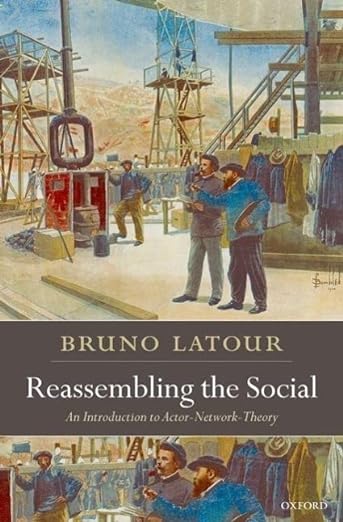
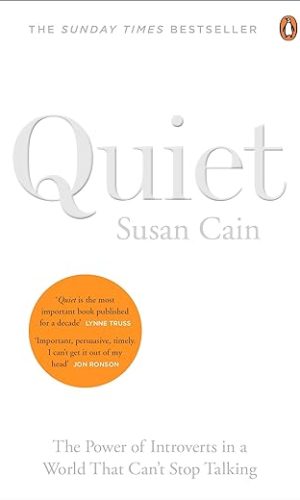
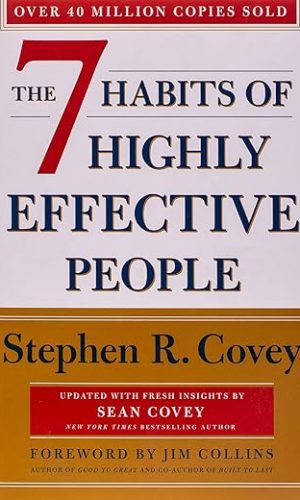
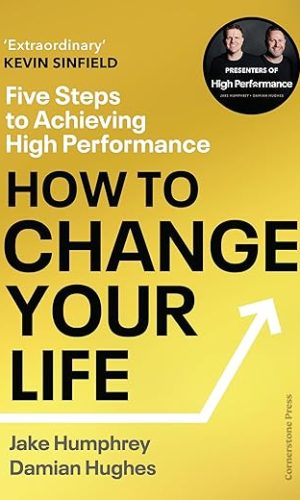
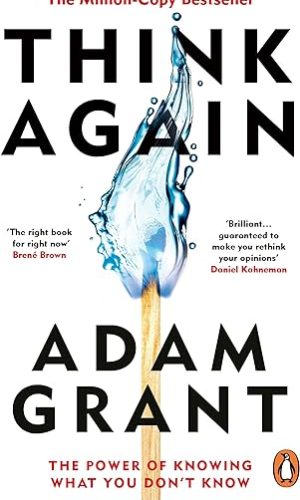
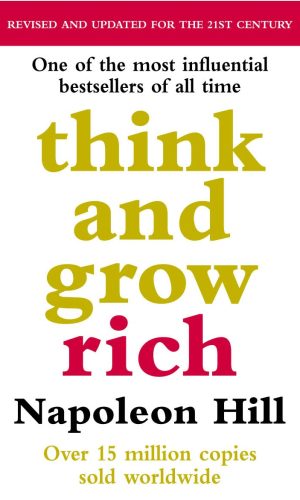

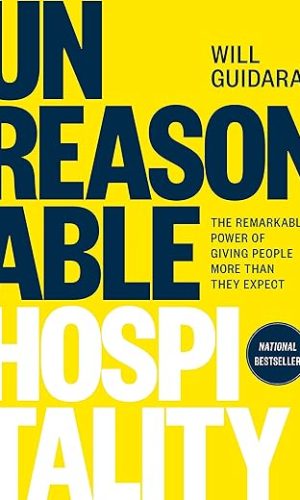
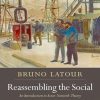
by John Harbord
A really good read, replete with humour and lively examples, and very clear about the agenda it is pursuing. It exposes the very misuse of the concept of the social forces/social context in contemporary sociological/philosophical thought
by T. J. H. Marshall
In short, this book is a fantastic summary of the theoretical aspects of Actor Network Theory and should be an indispensable companion for anyone looking to situate Actor Network Theory in a theoretical context. This is a well written book, replete with the verve and élan one would associate with Bruno Latour. Despite this, it is not an easy book to read, requiring re-reading if one is to fully grasp the implications of Latour’s thesis.
Given that the central problem Latour hopes to address is; `Is a science of the social possible again provided we modify what is meant by social and science?’ it serves as a useful clarification of Latour’s `project’. Although those familiar with his corpus will know on what side of this question he is likely to come down, it is fascinating to see how he justifies his work in relation to the history and substantive problems of social science.
The substantive content of the book is divided into two sections, the first dealing with five `uncertainties’ (or theoretical problems) which Actor Network Theory reacts to and the second explores some of the moves that ANT takes in order to ameliorate the problems it has identified in non-ANT social science. Although it strikes most clearly in the sociological register, this book should also be of interest to those interested other fields, such as philosophy, literary theory and political science.
If I have one qualm with this book, it’s that I’m not sure how well it serves as an introduction to ANT. Although the introductory chapter is excellent in positioning Latour’s version of ANT against its competitors and reading ANT in relation to the history of social theory, the work is perhaps better described as a `theoretical clarification of ANT’. In these situations, I am minded to ask how my appreciation of ANT would differ if this had been my first port of call. After some consideration, I think that if I had the chance to start reading this literature again, I don’t think that I would begin with this book. Given that ANT is at its most powerful when doing actual explanatory work, `We Have Never Been Modern’ (my own starting point) might be a better bet.
However, this is only a minor quibble. The book is very good at what it does; acting as a theoretical summary/manifesto for ANT. Serving as a synopsis of the theoretical concerns which undergird ANT, it should be essential reading for anyone seeking to apply ANT in an academic context. Indeed, if pushed to make a judgment, I would say that this was Latour’s own aim in writing this text. If assessed with reference to Latour’s own aim that `this book [should be] an introduction to help the interested reader in drawing the social theory consequences of the sociology of science’, then this book is a resounding success.
by Steven Charlton
An interesting read, although the concept is a little abstract so not something I’d recommend as a first dive into Actor Network Theory. Watch a few videos on youtube prior to reading at you’ll develop a much better understanding. It’s a little waffly and takes awhile to get to the point but it’s a seminal piece and well worth a read.
by H. P. M. Tak
Excellent
by Chris Bateman
The answer to the headline question depends upon how familiar you are with Bruno Latour’s work. I would not advise this as a point of entry (as another reviewer suggests “We Have Never Been Modern” is the easiest place to start), but it is an excellent – although frustrating – treatise on how Latour and other actor-network theorists have re-imagined the role and methods of the social sciences.
“Reassembling the Social” is a companion piece to Latour’s “The Politics of Nature”, also published in 2005, and is perhaps easier to understand in that prior context. But even coming to these books in that order, I swung between enrapture and teeth-gnashing ire at the circuitous way that the ANT concepts are deployed here. From Latour’s perspective, this is the necessary way to frame his argument to avoid misunderstandings: I do not think most readers will agree, although this hardly means Latour is in error. The problem is that ANT is not a sociological method so much as it is a negative thesis about where social sciences fail because of a confusion between politics and science, and between facts and truth – both points being far more clearly developed in “The Politics of Nature”.
While I ultimately loved this book, completing it did not eliminate my frustrations with its awkward structure. Promised that its winding journey would lead to practical standards by which to judge Latour’s view of ‘the social’ and of ‘science’, in the end I fully comprehended the first but was left wanting on the second. As a philosopher whose interest was not sociological, I can live with this – but a trained sociologist is likely to be running out of hair by the time they reach the conclusion! Part of the problem is that Latour is indebted to (and reliant upon) philosophy that he never discusses or explains – he channels Deleuze in almost every thought, and constantly presents Kant as his silent opponent. Nonetheless, like Kierkegaard attacking Hegel, “Latour doth protest too much” – if you have no idea why Kant is still important, you cannot possibly appreciate Latour’s position against him. This is why “We Have Never Been Modern”, with its explicit assault on Kant’s critiques, is a far better place to start.
So in summary:
– If you’ve never read any Latour, start with “We Have Never Been Modern”.
– If you know Latour but don’t know his position on the relationship between the sciences and politics, go to “The Politics of Nature” first.
– If you’re a sociologist, read this as a polemic intended to make you critically question your concepts, or as a means of understanding the motives behind ANT and science studies.
– If you’re a philosopher, read this only if ANT is specifically useful to your work in some way.
– If you’re familiar with (yet confused by) ANT, this may help set out the purpose and methods of the approach.
Best of luck with your travels with Latour! He is one of the most invigorating – and irritating – thinkers at work today.
by Mark JT
Okay, its a bit academic, but the people likely to buy this book will academically minded. Stick with the book as it will change the way you think about society and your world view. If you are of a logical/rational mindset, jog-on as this book isn’t for you, but if you are open to see the world from alternative paradigms read-on – Enjoy!